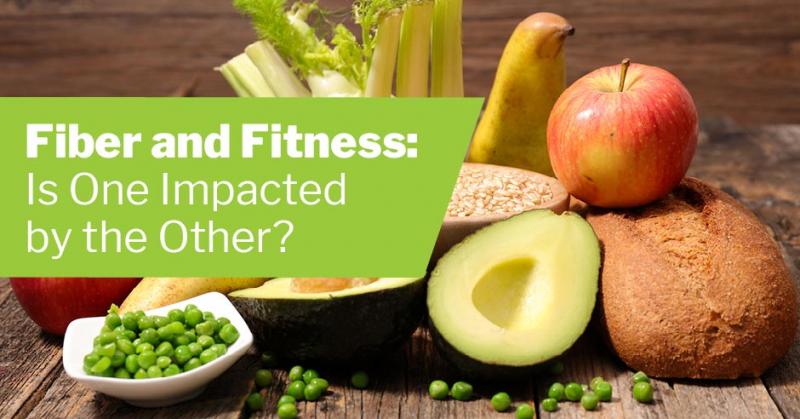
KCH's Allen gets grant to study additive effects of fiber and exercise
KCH Assistant Professor Jacob Allen received a grant from the Center on Health, Aging & Disability for his project, “Gastrointestinal And Metabolic Effects from a Prebiotic, Lifting, and Aerobic iNtervention (GAMEPLAN).” Allen received $30,000 from CHAD for the 18-month project, which begins July 1.
Hannah Holscher, an associate professor of Nutrition in the College of Agricultural, Consumer & Environmental Sciences, and Riley Hughes, a postdoctoral fellow in Dr. Holscher’s lab, are collaborators on the project.
The project is focused on the independent and combined effects of prebiotic fiber consumption and exercise on the gut microbiome and human health. Allen said he and his collaborators are pursuing these studies because “Benefits of exercise and high fiber diets have been described in isolation. However, no controlled studies have looked at the potential additive effects of fiber and exercise.”
The combination of exercise and fiber could be beneficial for the majority of Americans who don’t get the recommended dietary fiber (more than 90 percent), or adequate exercise (more than 60 percent), Allen said.
Prebiotic fibers are substrate that are selectively utilized by host microorganisms conferring a health benefit, he said. Holscher added that prebiotics can be found naturally within foods like whole grains, onions, garlic, articokes, and bananas.
“For this study, we are using a prebiotic called short chain-fructooligosaccharides (aka. sc-FOS). We chose it for many reasons. One of the main reasons is because it is known to result in the production of beneficial metabolites produced by microbes that may synergize with exercise to promote metabolic adaptations.”
Another aim of the study is to improve body composition, but Allen stressed that does not necessarily mean weight loss.
“In fact, exercise interventions are often not accompanied by significant weight loss especially early on in the intervention, or fewer than six weeks”, he said.
“However, this does not mean that the exercise is not effective in improving health. For instance, body composition changes still occur with exercise despite no weight loss. Exercise training can lead to increased muscle mass and bone mass concurrent to reductions in fat. If you are only looking at a scale, these changes tend to negate each other. However adding muscle and losing fat is still very beneficial for metabolic health. Short end of it, exercise can still be beneficial without weight loss!”
